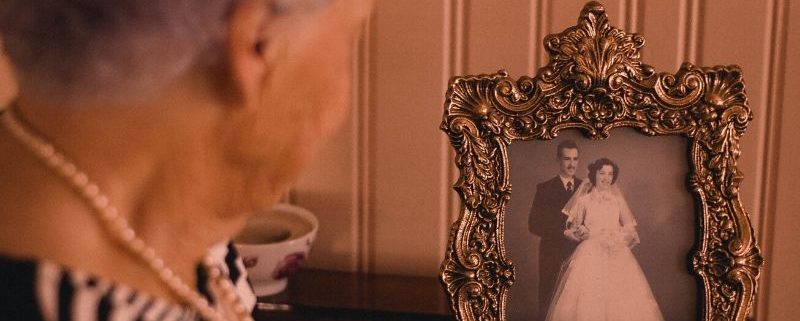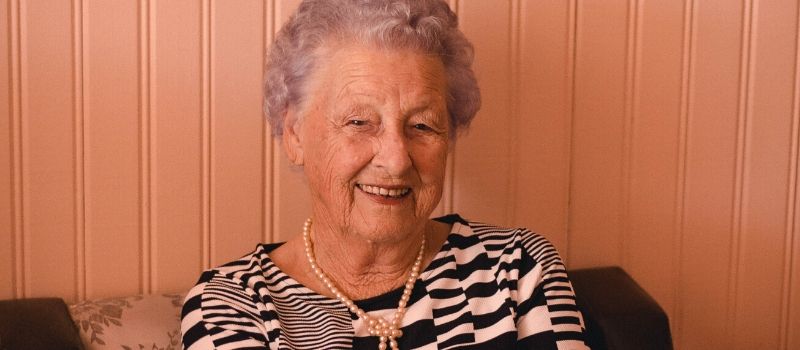How to care for someone with dementia?
Finding out that our love one has been diagnosed with dementia is quite distressing. However, we have to remember, that it is not a death sentence. You need to educate yourself and be prepared to provide necessary support and memory care. This article will help you understand dementia and prepare for dementia care & support at home.
What is dementia?
Dementia is widely described as a progressive decline in memory, language and other thinking skills. It is worth noting that dementia is not a single illness, it would be better characterized as a group of symptoms and a wide range of medical conditions.
Alzheimer’s is the most common cause of dementia – over 60 to 80 percent of dementia cases. Another form of this illness is vascular dementia, which occurs when the blood flow in patients brain is significantly reduced. It can be a result of a stroke.
Understanding dementia
It is crucial to understand, that dementia is not a normal part of ageing. It is a disease that will not affect every single person over 70. At the same time, remember – becoming forgetful does not necessarily mean that someone has dementia.
The common signs of early dementia are:
- Memory loss – it can be as simple as forgetting the names of known places and having trouble with remembering what you did earlier that day;
- Difficulty concentrating and trouble with communication – following the conversation will become increasingly difficult for dementia patients;
- Behavioural changes – dementia affects mostly the part of a brain which is responsible for controlling emotions, thus people suffering from dementia will become angry, sad and confused.
If you noticed your elderly loved one having those symptoms, take them to visit a GP. They will carry out some test in order to make a proper diagnosis.
Caring for someone with dementia at home
Caring for someone with dementia at home yourself is possible. However, if you want to become a full-time carer for your loved one , you need to recognize that it will not come without adversity. It is an enormous strain on your own health, both mental and physical. Taking care of yourself is essential and allows you to cope better and be a better carer.
Caregiving can literally seem like a thankless task, nevertheless we need to persevere. Here are some tips for dementia home care that might be useful.
- Be a good listener and companion – talking to a person suffering from dementia can be difficult. The need to repeat yourself multiple times is frustrating. Try to set a positive mood for interactions, speaking with your loved one in a pleasant manner will involve them in a conversation. Ask simple question and above all try to understand what they’re fighting with. Dementia patients need reassurance that they are still valued and loved.
- Encourage activities – staying active in your golden years is necessary. There are of plenty of things to do in the spare time. Bingo, painting, knitting or even simple manual activities (e.g. paring socks, jigsaw puzzles) are a great tool to sharpen elders mind, it can also give them a sense of accomplishment.
- Observe and notice – observing your loved one is crucial especially in the early stages of dementia. That way you can notice when dementia patient struggle the most. Maybe they can’t find the way to the toilet. Put the sign on the door, both as a picture and text. You can also write reminders to lock the door at night and turn the gas off. Buying some products catered for dementia patients is a good idea as well.
Dementia care & support at home
Often carers will find themselves spread a bit too thin. A lot of us are a member of a “sandwich generation” and need to face multiple responsibilities at once. Trying to care for children, going to work and supporting the elderly family member with dementia can be difficult to manage and beyond exhausting.
It is important to remember that you are only one person and you cannot do everything. Asking for help is not shameful and doesn’t make you a lesser human. There is plenty of ways you can get help.
The most obvious one is dementia care home, however it is not ideal. It has been proven, that patients with dementia feel best in familiar surroundings. Stripping away important layer of familiarity that is their home can cause confusion and aggression. On top of that the standard of care in care homes is worse than ever.
Live-in care for dementia patients
Live-in care is a type of in-home service perfectly suited to the needs of seniors suffering from dementia. It allows them to remain in the comfort of their own home, surrounded by precious memorabilia and beloved pets.
Trained carer will help your loved one with recreational activities, bathing, dressing, toileting, eating and other personal care. On top of that they provide the support with house chores: housekeeping, shopping or meal preparation.
Choosing the right provider can seem daunting. Don’t get discouraged and begin with research. We have plenty of resources on our blog, reading article about choosing the best live-in agency will be a great start.





















